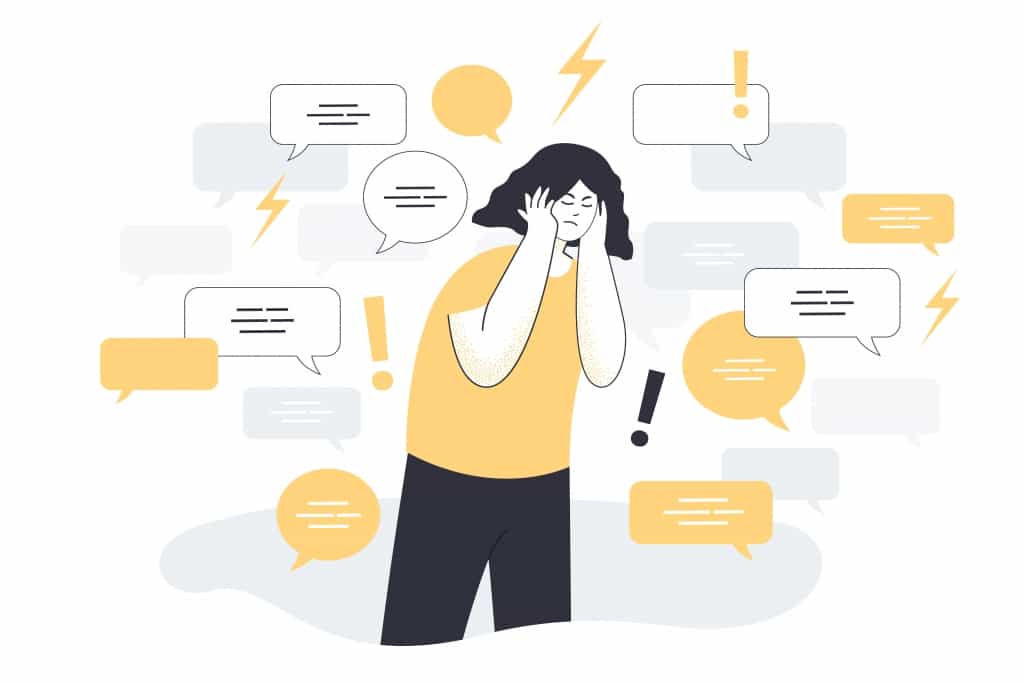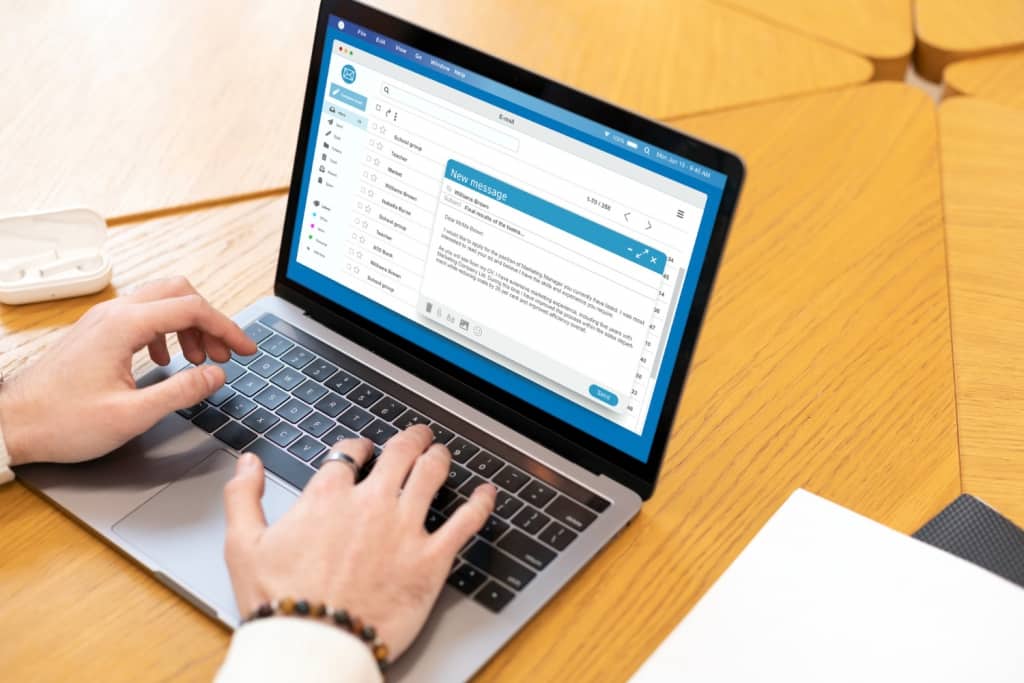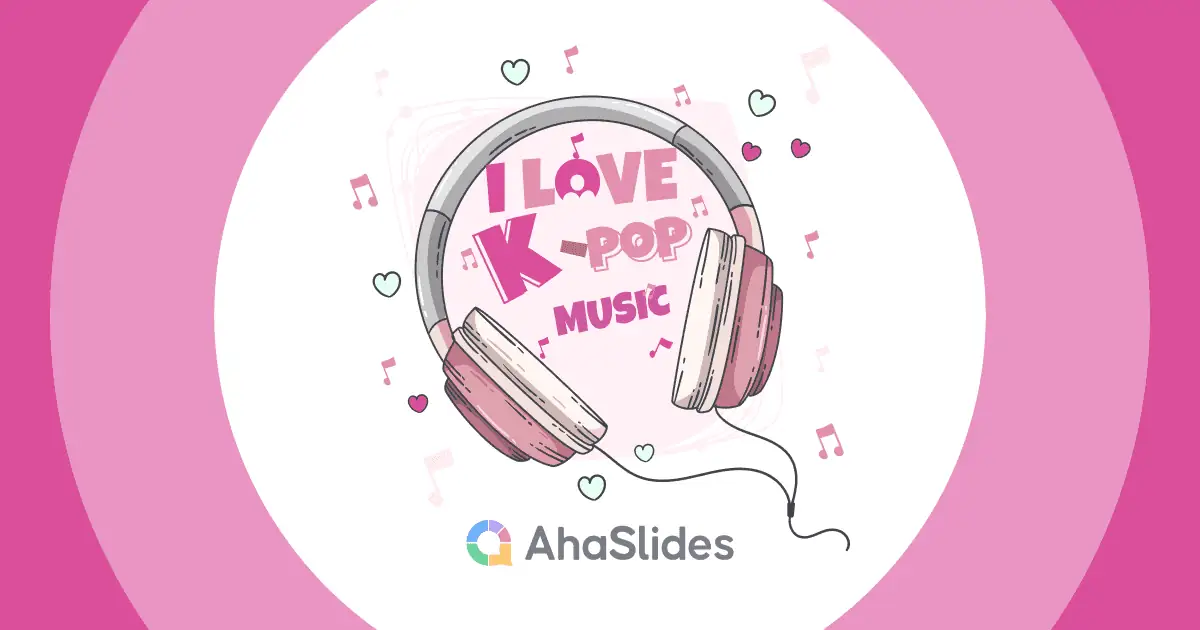We've all been there. Someone asks, "How are you doing?" and the autopilot kicks in with a simple "Good" or "Fine." While polite, these responses often mask our true feelings. Life can be challenging, and sometimes, a "good" day might feel downright awful. What if we started taking this question as an opportunity for genuine connection?pen_spark
In this post, we'll change your standard reply and explore 70+ ways to express yourself with a How are You Doing Reply in specific situations. Who knows? You might discover a new level of connection in your conversations.
Table of Contents
- How Are You Doing Reply In Casual Situations
- How Are You Doing Reply In Formal Situations
- How Are You Doing Reply When Having A Tough Time
- How Are You Doing Reply When Feeling Grateful
- How Are You Doing Reply For Formal Email
- Frequently Asked Questions

Tips for Better Engagement
- Live Q&A Tool to Empower Your Presentation
- How to ask questions
- How to ask someone if they are ok

More funs in your icebreaker session.
Instead of a boring orientation, let's start a fun quiz to engage with your mates. Sign up to take free quiz from AhaSlides template library!
🚀 Grab Free Quiz☁️
How Are You Doing Reply In Casual Situations
In casual situations, you don't need to give a lengthy response. But depending on your relationship with the person asking the question, you may want to adjust your response. For example, you might be more open with a close friend than a casual acquaintance.
Besides, it's polite to reciprocate the question and ask how the other person is doing. It shows that you care about them and creates a more balanced conversation.
Here are some examples of how you doing reply in casual situations:
- I'm good, thanks!
- Not bad, how about you?
- I'm doing alright, how are you?
- Can't complain, how's your day going?
- Pretty good, thanks for asking!
- Not too shabby, how about you?
- Doing fine. How's life treating you?
- I'm doing well. Thanks for checking in!
- I'm hanging in there. How about you?
- I'm doing just fine. How's your week been?
- I'm doing great. How about you?
- Not too much to complain about. How about you?
- I'm feeling pretty good, thanks for asking!
- Doing well, how about yourself?
- I'm good. How's your day going?
- I'm doing alright, how about you?
- Everything's good. How about you?
- Can't complain, how's everything with you?
- Pretty good, how about you?
- Not bad. How's your day treating you?
- I'm good. How about you?
- Things are good, how about you?
- I'm doing just fine. Thanks for asking!
- I had a busy day at work, but I'm feeling accomplished.
How Are You Doing Reply In Formal Situations

In formal situations, you should use formal language and avoid slang or colloquialism to maintain a respectful tone and a professional demeanor.
Even if you're having a bad day, try to focus on the positive aspects of your work or situation. And don't forget to express gratitude for the person or organization you're interacting with.
Here are some examples of
How Are You Doing Reply In Formal Situations:- I'm doing well, thanks for checking in. How can I assist you today?
- Thank you for checking on me. How can I assist you?
- I'm doing fine, thank you for asking. It's been a productive day so far.
- I'm great. Thank you for inquiring. I appreciate your attention to detail.
- I'm doing well, thanks for asking. I'm looking forward to our meeting today.
- I'm fine, thank you. It's a pleasure to be here today.
- Thank you for your inquiry. I'm doing fine. It's an honor to collaborate with your team.
- I'm doing well, thanks for asking. I appreciate the opportunity to be here today."
- I'm doing well. Thank you for checking in. It's a busy day, but I'm managing.
- I'm fine, thank you for asking. I'm excited to discuss the project further with you.
- I'm good, thank you. I appreciate the opportunity to speak with you today.
- I'm doing fine. Thanks for inquiring. I'm grateful for the chance to work on this project.
- I'm doing well, thank you for your interest. I'm confident we can find a solution.
- I'm fine, and I appreciate your checking in. I'm interested in learning more about your objectives.
- I'm doing well, thank you for asking. I'm looking forward to reviewing the details with you.
- I'm doing well, thanks for inquiring. I'm optimistic about our progress so far.
- I'm doing fine, and I appreciate your care. I'm eager to get started on the project's details.
- I'm doing well, thank you for asking. I'm committed to providing high-quality service.
How Are You Doing Reply When Having A Tough Time

It's okay to acknowledge that you are in a tough time and be honest about your feelings. You don't have to go into detail about everything that's going wrong. Instead, keep your response concise and to the point.
In addition, don't be afraid to ask for help or support. Letting others know that you're struggling can help you feel less alone.
Here are some examples you might need:
- I'm not doing very well at the moment. But I appreciate your concern.
- I'm going through a difficult time right now. But I'm doing my best to cope.
- I'm having a tough time. But I know it will get better eventually.
- I'm going through a tough period, but I'm doing my best to keep going.
- To be honest, I'm struggling. How about you?
- It's been a challenging day, but I'm trying to focus on the positives.
- I'm not doing very well today, but I'm trying to stay strong.
- I'm having a hard time today, but I know I'm not alone in this.
- Today has been challenging, but I'm trying to stay mindful and present.
- To be honest, I'm really struggling right now.
- It's been a hard time, but I'm trying to stay hopeful.
- I'm not doing great, but I'm grateful for the support of my friends and family.
- To be honest, today has been pretty overwhelming.
- I'm going through a tough time, but I'm doing my best to stay strong.
How Are You Doing Reply When Feeling Grateful
Make it a habit to express your gratitude regularly, not just when someone asks you how you're doing. This will help you cultivate a more positive mindset overall.
Here are some examples of
How Are You Doing Reply When Feeling Grateful:- I'm feeling really good, grateful for my health and my family.
- I'm doing well, thanks for asking. I feel very lucky and grateful today.
- I'm doing well, feeling thankful for my job, my home, and my loved ones.
- I'm doing well, feeling grateful for the lessons I've learned and the people in my life.
- I'm feeling blessed for all the experiences that have shaped me.
- I'm feeling grateful for the little moments of joy that make life special.
- I'm doing well, feeling grateful for the beauty of nature around me.
- I'm feeling thankful for the people in my life who make every day brighter.
- I'm feeling really good, grateful for the kindness of strangers and the love of family.
- I'm doing great, feeling thankful for the ability to help others.
- I'm thankful for the modest joys in life that make me happy.
- I'm feeling great, appreciative of the memories I've made and the adventures ahead.
How Are You Doing Reply For Formal Email

Remember that you communicate formally, so your reply should be appropriate and professional.
Moreover, you must ensure that you use polite language, proper grammar, and punctuation in your response. It will help to convey a professional tone and avoid misunderstandings. After answering the question, show interest in the recipient by asking how they are doing or if there is anything you can assist them with.
Here are some examples of
How Are You Doing Reply For Formal Email:- I'm doing fine. Thank you for your kind inquiry. It's great to hear from you again.
- I appreciate your concern. I'm doing well and hope the same for you.
- Thanks for checking in. I'm doing well, and I hope you are too. How can I assist you further?
- I'm doing well, thank you for asking. I hope you're doing well too. How can I be of service to you?
- I appreciate your inquiry. I'm doing well, thank you. Please let me know if you need anything else.
- "Thank you for your email. I'm doing well, and I hope this message finds you in good health.
- I'm doing well, thank you for asking. I hope your week is going smoothly so far.
- I appreciate your thoughtfulness. I'm doing well, thanks. How can I assist you?
Key Takeaways
Whether you're replying in a casual chat or a formal email, you must tailor your response to the specific context and express yourself authentically. So, hopefully, the 70+ How You Are Doing Reply in Specific Situations above will help you connect with others on a deeper level.
And don't forget that AhaSlides provides an innovative way to engage your audience and gather feedback on how they are doing. With our templates, you can easily create interactive polls and Q&A that allow your audience to share their thoughts and feelings in real-time. So why not give us a try and take your presentations to the next level?
Frequently Asked Questions
Why do people ask 'How are you doing?'
People often ask: "How are you doing?" as a way to show that they care about you and are interested in your well-being. It's a common greeting in different contexts, from casual conversations to formal meetings or emails.
How do I respond to 'How are you doing?' in a professional setting?
When responding to "How are you doing?" in a professional setting, you can answer like:
- I'm great. Thank you for inquiring. I appreciate your attention to detail.
- I'm doing well, thanks for asking. I'm looking forward to our meeting today.
- I'm fine, thank you. It's a pleasure to be here today.
- Thank you for your inquiry. I'm doing fine. It's an honour to collaborate with your team.
- I'm doing well, thanks for asking. I appreciate the opportunity to be here today."
How to tell how are you doing?
- Simply and politely ask "How are you?"
- Ask about their overall well-being with "How have you been?"
- Inquire about a specific aspect like "How's work/school been going?"
- Check in empathetically with "You seem stressed, how are you holding up?"
- Lighten the mood by asking "How's life been treating you lately?"








